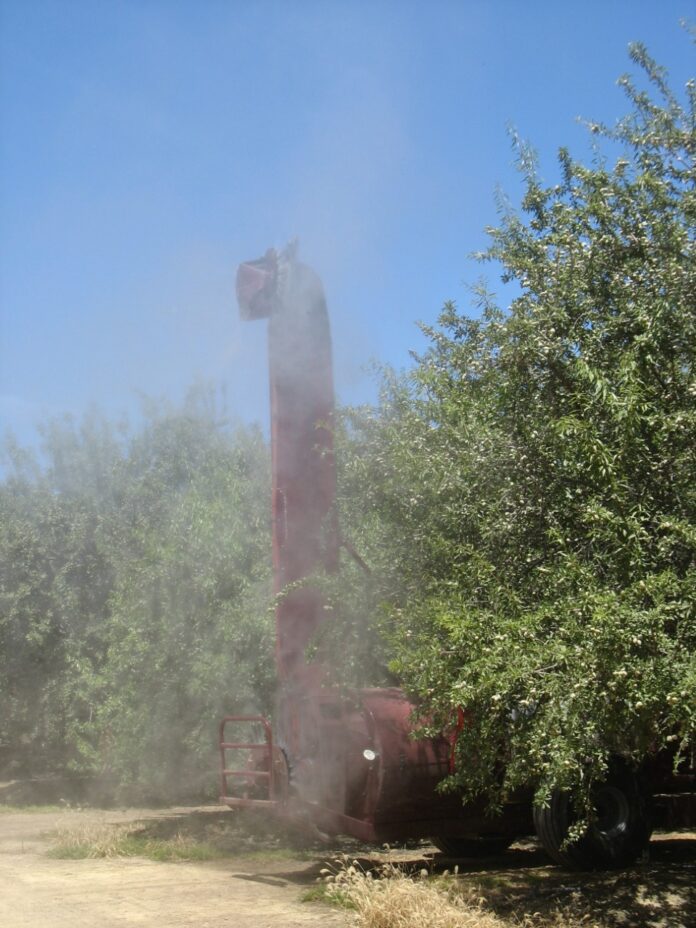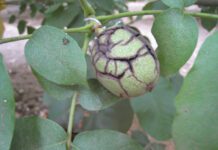
California’s Department of Pesticide Regulation (DPR) is preparing to launch a new pesticide prioritization process that could determine which crop protection products remain available to growers in the years ahead. According to Western Plant Health Association President and CEO Renee Pinel, this process is beginning to move quickly, and growers and consultants should be paying attention.
“The process is now really starting to ramp up,” Pinel said during an interview at the 2025 Crop Consultant Conference in Visalia. “DPR is outlining with committee members what the goals will be, who can participate and how the committees will function. Their goal is to have these committees standing up either this fall or very early next year.”
Once the committees begin meeting, they’ll start identifying pesticides that may be considered for additional evaluations. That could lead to additional restrictions or, in some cases, product removal.
Two-Year Timeline to Major Decisions
While still in the early stages, the new prioritization framework could have significant implications for agriculture by the middle of the decade. Realistically, she said committees should start to meet at the beginning of 2026.
“By late next year, you could be looking at recommendations, maybe by summer, but more likely by fall or winter, for DPR to start reevaluating certain products,” she said. “That means we could see real impacts on product availability as soon as 2027.”
Pinel noted the committees will focus on identifying products where alternatives exist or where new options are being developed. That review process will inform DPR’s decisions on whether to restrict, modify or discontinue certain uses.
Why Grower and Consultant Voices Matter
Pinel urges grower and consultant participation as a crucial component to ensure the process remains grounded in science and real-world experience.
“Product availability is going to impact farmers directly,” she said. “If groups or individuals who don’t fully understand these products are the only ones at the table, then farmers, PCAs and CCAs need to be able to represent themselves.”
Growers and consultants, she added, have firsthand knowledge of what products work in the field and what realistic alternatives exist, knowledge that’s essential to balanced decision-making.
“Nobody knows better than a PCA, CCA or a farmer about the importance of a product, the alternatives that are out there and the impact restrictions will have,” she said. “Sometimes alternatives are being considered based on philosophical beliefs about what they can do rather than actual field-level realities.”
Who Can Participate
Agricultural professionals can become directly involved in the process by serving on DPR’s new advisory committees, according to Pinel. Growers, consultants and retailers can be nominated, either by others or by themselves, to represent agricultural perspectives.
“Registrants won’t be considered because DPR views that as a conflict of interest,” Pinel explained. “That means I can’t participate, but a grower or a pest control adviser certainly can.”
Pinel encouraged those with field expertise to stay alert for opportunities to serve or provide input once the committees are announced.
As the process unfolds over the next two years, growers and consultants will play an essential role in ensuring decisions about pesticide use remain practical, science-driven and representative of the realities in California fields and orchards. While DPR intends for the process to be science-based, Pinel cautioned that not all participating groups may share that approach.
“We need to be aware that there are groups looking at this through political or emotional lenses,” she said. “That’s why it’s so important for agriculture to be at the table, because if we’re not, it’s hard to push back against emotion. We need to let the science speak for itself.”

Kristin Platts | Digital Content Editor and Social Correspondence
Kristin Platts is a multimedia journalist and digital content writer with a B.A. in Creative Media from California State University, Stanislaus. She produces stories on California agriculture through video, podcasts, and digital articles, and provides in-depth reporting on tree nuts, pest management, and crop production for West Coast Nut magazine. Based in Modesto, California, Kristin is passionate about sharing field-driven insights and connecting growers with trusted information.















